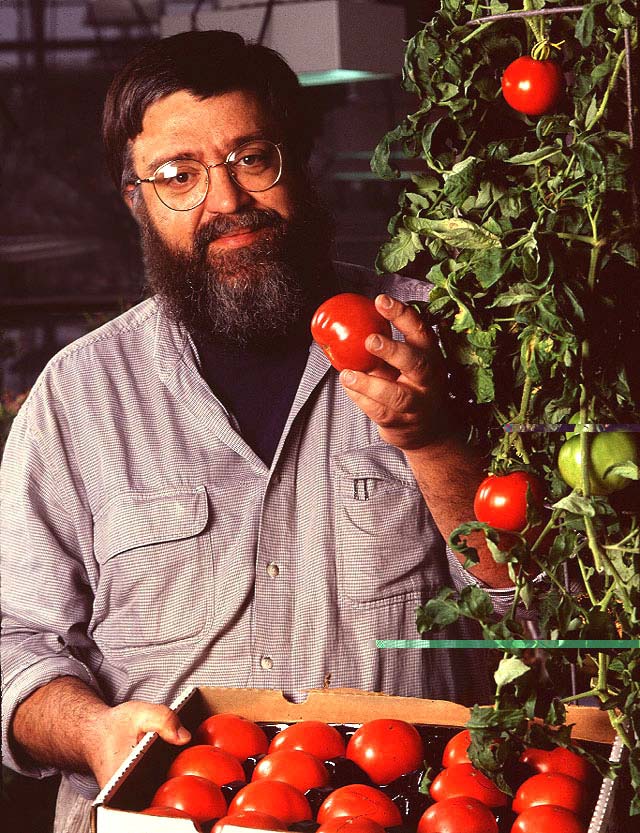GENETIC CHANGES IN HUMANS
What is a "genetic change"?
A genetic change may also be called a “mutation,” a “variant” or a “gene change.”Genetic changes may occur at the large-scale level, causing genetical errors (an extra chromosome – for example, in Down syndrome).
There can also be extra or missing sections of the chromosome (deletions or duplications), These are also called copy number variants (Copy-number variatiants (CNVs) are structural variations of the chromosomes. These alterations result in the body's cells having a difference in the number of copies of one (or more) sections of DNA).
There can also be changes in the genetic code at the DNA level that affect just one gene (you may have heard of sickle cell disease or cystic fibrosis, for example).
What is a gene mutation and how do mutations occur?
A gene mutation is a permanent alteration in the DNA sequence that makes up a gene, such that the sequence differs from what is found in most people. Mutations range in size; they can affect anywhere from a single DNA building block (base pair) to a large segment of a chromosome that includes multiple genes.
Gene mutations can be classified in two major ways:
- Hereditary mutations are inherited from a parent and are present throughout a person’s life in virtually every cell in the body. When an egg and a sperm cell unite, the resulting fertilized egg cell receives DNA from both parents. If this DNA has a mutation, the child that grows from the fertilized egg will have the mutation in each of his or her cells.
- Acquired (or somatic) mutations occur at some time during a person’s life and are present only in certain cells, not in every cell in the body. These changes can be caused by environmental factors such as ultraviolet radiation from the sun, or can occur if a mistake is made as DNA copies itself during cell division. Acquired mutations cannot be passed on to the next generation.



Genetic changes that are described as de novo (new) mutations can be either hereditary or somatic. In some cases, the mutation occurs in a person’s egg or sperm cell but is not present in any of the person’s other cells. In other cases, the mutation occurs in the fertilized egg shortly after the egg and sperm cells unite. As the fertilized egg divides, each resulting cell in the growing embryo will have the mutation. De novo mutations may explain genetic disorders in which an affected child has a mutation in every cell in the body but the parents do not, and there is no family history of the disorder.
Somatic mutations that happen in a single cell early in embryonic development can lead to a situation called mosaicism. These genetic changes are not present in a parent’s egg or sperm cells, or in the fertilized egg, but happen a bit later when the embryo includes several cells. Depending on the mutation and how many cells are affected, mosaicism may or may not cause health problems.
Most disease-causing gene mutations are uncommon in the general population. However, other genetic changes occur more frequently. Genetic alterations that occur in more than 1 percent of the population are called polymorphisms. They are common enough to be considered a normal variation in the DNA. Polymorphisms are responsible for many of the normal differences between people such as eye color, hair color, and blood type, so they are what make us be different from each others. Although many polymorphisms have no negative effects on a person’s health, some of these variations may influence the risk of developing certain disorders.

How does a mutation affect us?
In biology, a mutation is a permanent alteration of the nucleotide sequence of the genome of an organism, virus, or extrachromosomal DNA or other genetic elements. Mutations result from damage to DNA which is not repaired, errors in the process of replication, or from the insertion or deletion of segments of DNA by mobile genetic elements. Mutations may or may not produce discernible changes in the observable characteristics (phenotype) of an organism. We can suffer different types of mutations and some of them are benefitial for us, but others aren't. They play a part in both normal and abnormal biological processes such as evolution, cancer, and the development of the immune system.
Here you can see a video with some of the rarest mutations in humans.
GENETIC CHANGES IN FOOD
Not all the genetic changes or mutations are in human. Food is usually modified to improve its taste or looking. They also modify de DNA fruits or vegetables not to have seeds so that eating them is more easy or any kind of fresh food hold more time without getting rotted.
Genetically modified foods or GM foods, also genetically engineered foods, are foods produced from organisms that have had changes introduced into their DNA using the methods of genetic engineering. Genetic engineering techniques allow for the introduction of new traits as well as greater control over traits than previous methods such as selective breeding and mutation breeding.
Commercial sale of genetically modified foods began in 1994, when Calgene first marketed its Flavr Savr delayed-ripening tomato. Most food modifications have primarily focused on cash crops in high demand by farmers such as soybean, corn, canola, and cotton seed oil. Genetically modified crops have been engineered for resistance to pathogens and herbicides and for better nutrient profiles. GM livestock have been developed, although as of November 2013 none were on the market.

There is general scientific agreement that food from genetically modified crops is not inherently riskier to human health than conventional food. However, there are ongoing public concerns related to food safety, regulation, labelling, environmental impact, research methods, and the fact that some GM seeds are subject to intellectual property rights owned by corporations.
You can find more information related with the topic of genetics in our webpage:








